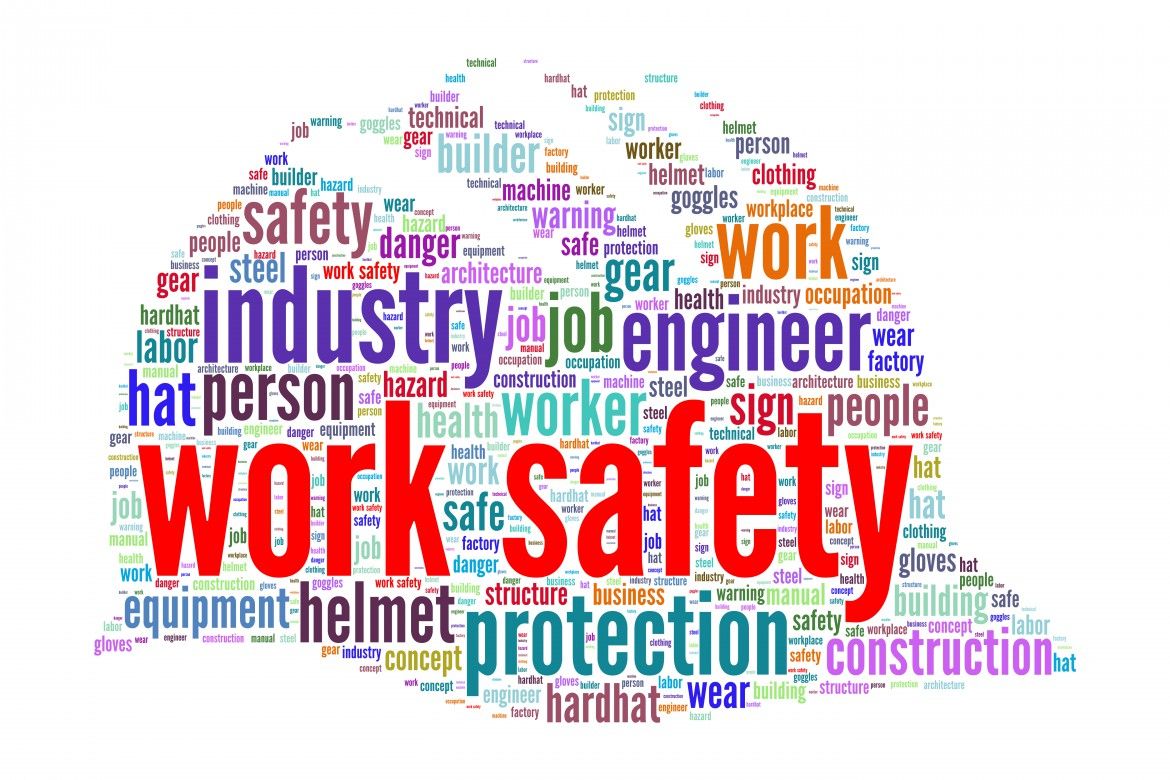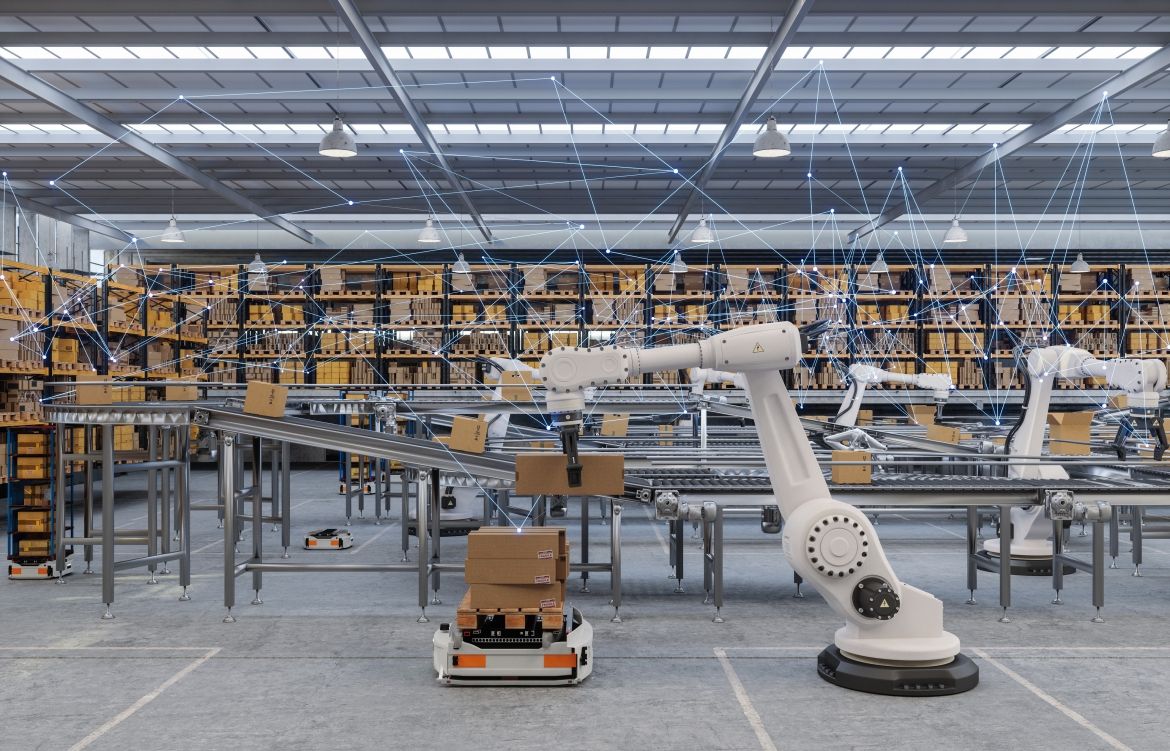Changing nature of work and future of work
Diverse forces are changing the nature of work, with the potential to both positively and negatively affect workers. For example, due to advances in digital technology, the shift to remote and hybrid jobs and the continued rise of gig and platform-based employment, changes are unfolding in what people do for work, and where and how they do it. Our research seeks to understand the impact of these changes on workers, and the workplace and system-level policies and practices to ensure the health, safety and inclusion of all workers, now and in the future.
Latest findings

Top-ranked strategies to support young persons with disabilities in the future of work
IWH researchers asked persons with disabilities, practitioners and subject matter experts about strategies for disability inclusion in the face of six future of work challenges. A new report details their top-ranked strategies to foster inclusion in the face of each challenge.
What can work-related COVID-19 cases tell us about how to prepare for the next pandemic?
A new study by IWH combined data sources to estimate work-related COVID-19 infection rates, using a method that took into account major shifts in where people worked.
How job training can better meet the needs of persons with disabilities
Job training initiatives are an important gateway to work opportunities, especially for persons living with disabilities who face persistent barriers to employment. A pair of IWH studies found three key areas where these skilling programs should focus.Featured tool
Featured article

